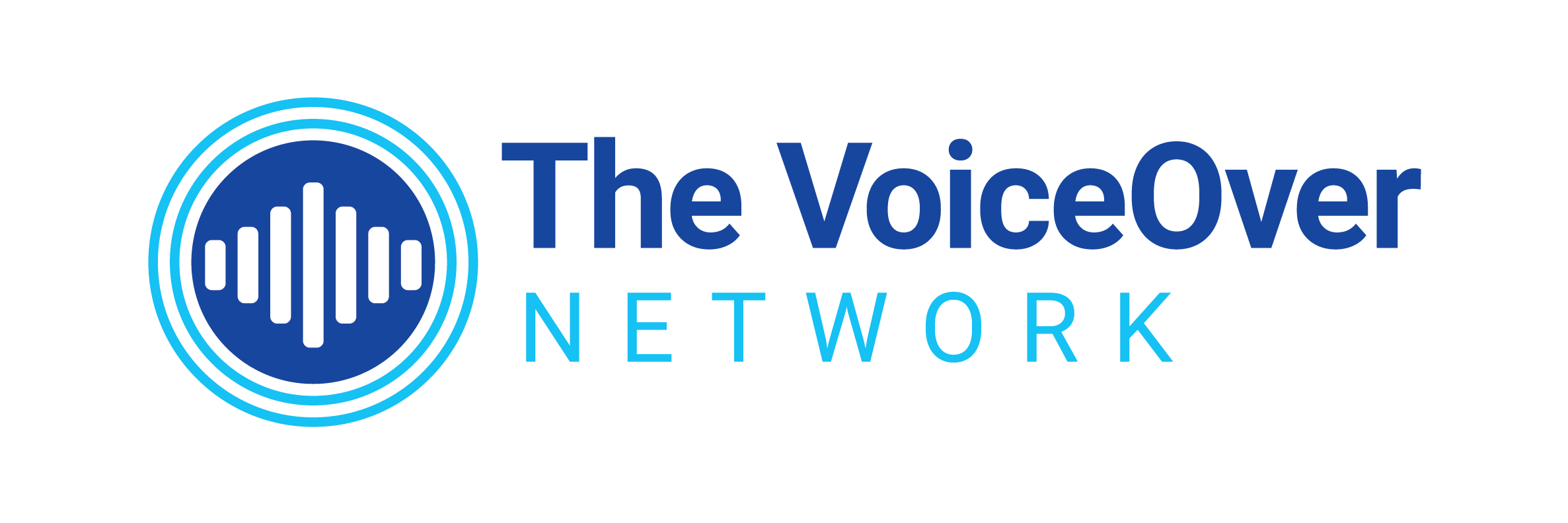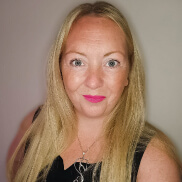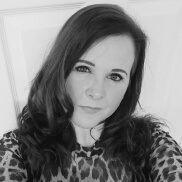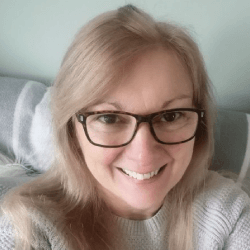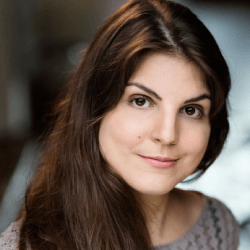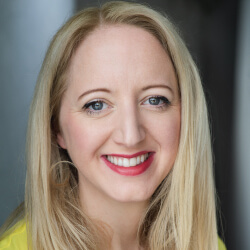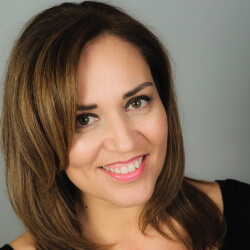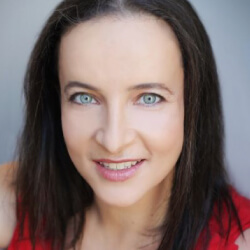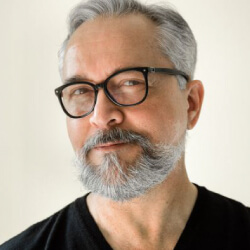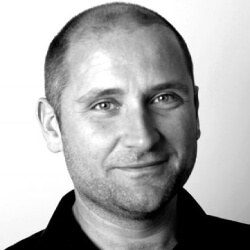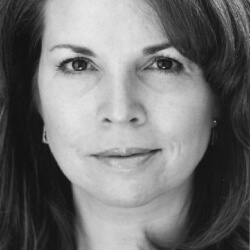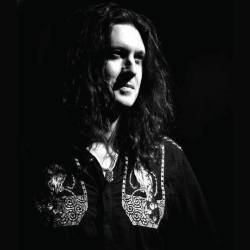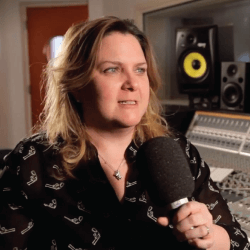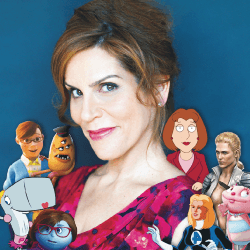
Ever had a setback? Ever been told something which is hard to hear? Great, you’re reading the right article!

As voice actors, we find ourselves in a melody of chaos when it comes to competing in a heavily saturated market. We find ourselves lost in a symphony of different tasks needed to run a business. I am not talking about the creative tasks but more the business tasks! The bookkeeping, the marketing, the social media, and everything else it takes to make a business run. It is wild! But what do we do when we have a setback? Here is the thing, life is full of setbacks and in the vast majority of situations things don’t go as we planned. The exciting thing about any journey often isn’t the destination but more how we get there. Now, I am a late 20’s skinny 5ft 8, northern British male with more enthusiasm than I know what to do with but recently I was told “I am not tall enough and my accent will be a challenge.’’ This was not easy to hear, it was frustrating and for a moment it was a setback. Does this sound familiar?
Take a moment to reflect on your setbacks. Have you ever had feedback from someone who just hit the wrong chord? Well, let us work out how we can get our rhythm back after some hard to hear comments!
In performance, we can always try something different and critique our show, but going back to my earlier feedback, what about my height? Well, guess what, that is not changing! The good news is, it doesn’t matter. It really doesn’t matter! Someone who is 6ft 2 isn’t going to get the job listed for someone 5 ft 4. Though I missed out on a gig for a 5ft 10 role, at least I still have access to roles for my height. It is about using what you have to your advantage not about drowning in what you don’t have! ‘’Don’t stop! Don’t quit! Don’t give up! Know you are perfect just as you are and utilise your unique perfections to your advantage!’’ What about accents? We can also work on this but, similar to the above, I may not have access to RP or Standard American, but when something comes up which needs a Northern voice, competition is less fierce! I had the pleasure of discussing this with Casting Director, Randall Ryan, who gives his perspective below, from a casting side as opposed to a performer’s side. Here is my top tip after speaking with Randall. Don’t stop! Don’t quit! Don’t give up! Know you are perfect just as you are and utilise your unique perfections to your advantage!
“My mental goal is always to have a very difficult casting decision because the submissions are so good.
ALAN SHIRES: How many actors do you get per audition and what are the challenges with casting?
RANDALL RYAN: There’s no one answer for this. I tend to control the audition process, having learned over the years that if you open it up to too many channels you get too many auditions, and the majority aren’t going to make the cut. The myth of the “diamond in the rough” coming out of 2000 submissions is just that: a myth. If there is a bell curve, the high/low for the big part of the bell would be 50 and 20 auditions for each role. Higher numbers tend to be because I’m looking for something really specialized. The challenges vary as well. One project might need the actors to have a very specific voice print to match someone (generally a real person). Others may require a niche accent or a deep emotive range. My mental goal is always to have a very difficult casting decision because the submissions are so good.
“It’s about acting, and it’s about the social and professional dance with the client and the director.
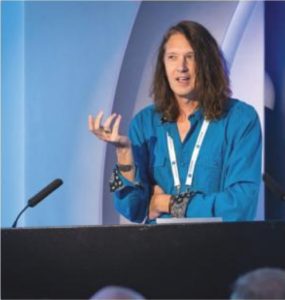 ALAN SHIRES: When you teach voice talent what is your number one message to drive home?
ALAN SHIRES: When you teach voice talent what is your number one message to drive home?
RANDALL RYAN: It’s not about your voice. It’s about acting, and it’s about the social and professional dance with the client and the director. As a subtext, it’s also about your ability to listen and interpret, and then quickly process and produce on the fly. Be authentic; “wear the skin” of the character, so to speak. Johnny Depp became Captain Jack Sparrow. Misty Lee owns Lady Liadrin in Hearthstone and World of Warcraft. And so on. They are more than the voices of those roles: they shaped those roles. Not every character is as deep or complicated, but there’s usually more than just the veneer, and it’s that deep grain that’s waiting for you to rearrange it and give it the intricacy that takes it from two dimensional to complex. Another is to remember that in voice acting, you are throwing away all of the other big tools: facial expressions, body movements, stances, clothing, hair, costuming. You still have to convey what those things would normally shortcut, it’s just that they have to be conveyed with your voice. Still, another is that your job is not actually to act. That’s your skill, certainly. But your job is to train, to audition, to become a decent engineer, to continually upgrade your studio, to learn to network and market.
ALAN SHIRES: Is there space for ALL accents in the industry?
RANDALL RYAN: 100% yes. It’s easy to look at your own country, of course. It’s not just a British or American accent; it’s Yorkshire, Georgia, Manchester, West Country, Boston. The same goes for other accents. It’s not just Russian, it’s Georgian, Muscovite, the Ural Steppes, etc. Or it’s Austrian as opposed to German. Of course, acting is still essential. The point is that a specific accent shouldn’t hold you back. I will suggest that if you possess a niche accent and you want to work more regularly it may be necessary for you to develop the ability to become fluent within something with more opportunities. But the ability to hone in on your native accent or adopt the tongue and vernacular of a region you grew up in will often land you roles that others simply can’t do credibly.
ALAN SHIRES: What makes an artist stand out?
RANDALL RYAN: If I think back to the people who made me sit up and say to myself, “Who IS this person?”. The number one reason would be something about their acting that was unteachable; an innate understanding or fearlessness to go to a place that took a role to another level. Even though I do say, “it’s not about your voice,” there are those people whose voice absolutely captured my attention. It could be their bearing and the energy they brought to the session. There are times that an actor and a director are just so on the same page that it becomes as if one thinks it and the other conveys it, which can be arresting.
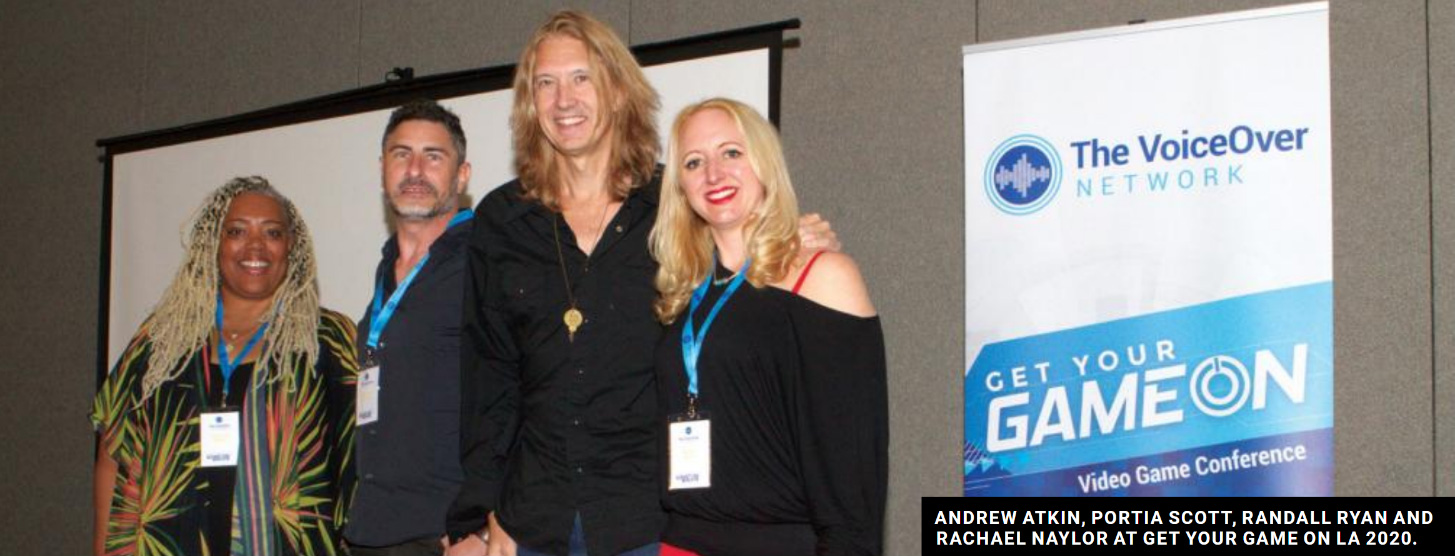
ALAN SHIRES: Is musical experience helpful for a VO? If so how?
RANDALL RYAN: That’s best answered by my unscientific, anecdotal observation that somewhere around 70% of the great actors have a musical background. Understanding music principles provides shortcuts for acting; they’re cut from the same creative vein running through the shale. Music and acting are so intertwined that I often speak in musical terms to actors. “Raise that a full step.” “Slow your tempo 5-7 beats/minute.” “Flatten out your melody.” I’ll give them a cadence in lieu of a line read, or even a musical analogy. Especially in video games and animation, the actor is often more jazz soloist, riffing off the script instead of reading copy. The great ones have a sixth sense to know, when to push, when to change verbiage, when to ignore punctuation or to honor it. The best teams are the ones where everyone else: the director, the writer, the developer (or whoever the client is) recognizes when to pull the actor back, or more importantly when to stay out of the way. An actor who can convey that she knows what she’s doing, with the grace to respect all of the other team members, is going to be in high demand!
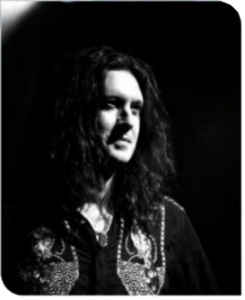
Interviewee:
Randall Ryan
Video Game Casting Director
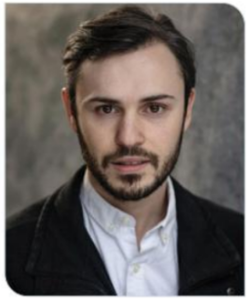
Interviewer:
Alan Shires
Voice Artist and
VON Business Development Manager
